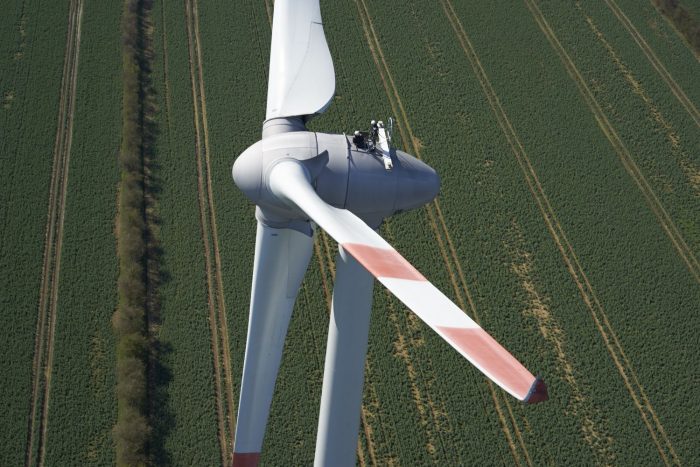The much cited pressure on costs is rising in the wind energy sector. Factors which are initially reflected in project planning, purchasing etc. are increasingly impacting the operating side of the business. This means lower operating costs. In return operators’ requirements are becoming more stringent. But how does this change the focus of operators in search of the right operations manager?
At first, most operators look at the running costs when they search for their operations manager. The calculation is simple: lower operating expenses equals higher profit. „Many operators desire slimmed down operational management. The discrepancy between these ideas and the demands of a legally secure operation of wind farms, is enormous”, explains Till Schorer, Director Sales at wpd windmanager GmbH & Co. KG.
Operators’ liability
Aspects pertaining to liability laws which many operators are not aware of – e.g. the assumption of system responsibility – constitute a central element. Following commissioning and connection to the power distribution grid, operators and managing directors of an operating company bear full responsibility for the wind farm. Specifically, this means that they are accountable in the event of accidents as they are personally liable”, Schorer explains.
Legal certainty also plays a role in the area of QHSE (Quality, Health, Safety and Environment). The same applies when it comes to meeting all the necessary inspections – regardless of whether they constitute statutory, contractual or insurance-related rules. “Will all these inspections be taken into account in the event of reduced operational management? Operators should protect themselves here”, states Schorer.
Cost savings vs. loss of income
Monitoring wind farms is also a significant cost factor. “Many operating managers offer cut-down alternatives”, Schorer continues. “For example, a control room only manned from Monday to Friday from 9 am to 5 pm.” However, if an error occurs on a turbine at 6 pm, that turbine or sometimes the entire wind farm will be at a standstill until the following morning – at the weekend from Friday until Monday even. If the farm is operating at full capacity, this quickly leads to loss of income which exceeds the previous cost savings. “A 24/7 control room which monitors the wind farm round the clock, has a response time of a few minutes”, Schorer explains. “That pays off for the operator.”
In addition, operators should make sure that an operations manager can cover rising demands. “This year, for example, operations management will be exercised by the Technical Directive 10 and the associated data storage. The same applies to the subject of Critical Infrastructures which among other things, specifies the establishment of an information security management system”, Schorer emphasises. “But how does the operations manager in charge deal with such subjects? Particularly if they cannot or do not want to meet all current requirements for reasons of cost?”
Farsightedness leads to the greatest cost savings here. Because, as the saying in operations management goes: less is by no means more.
